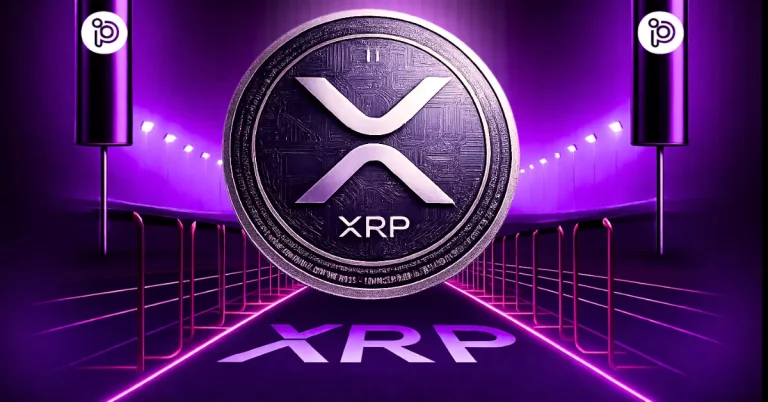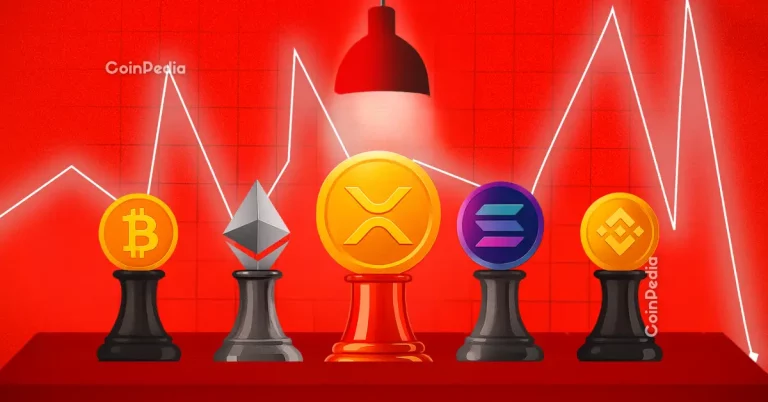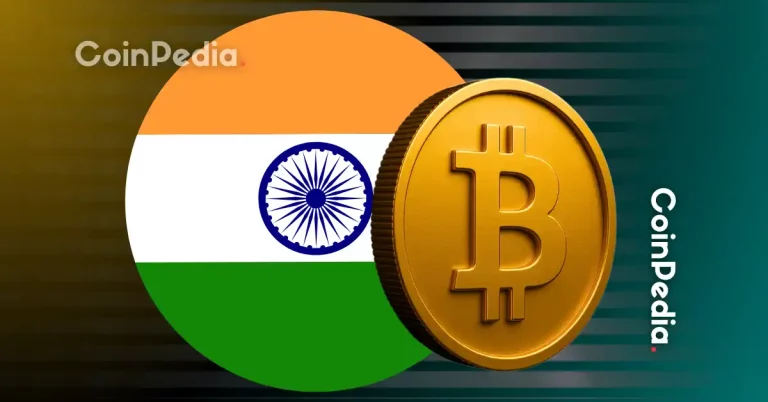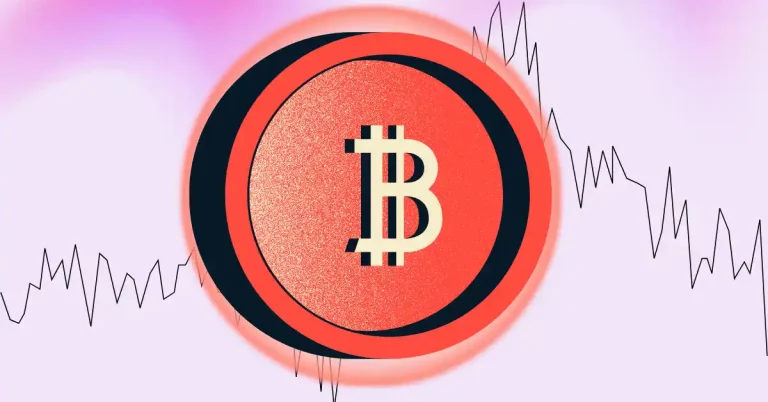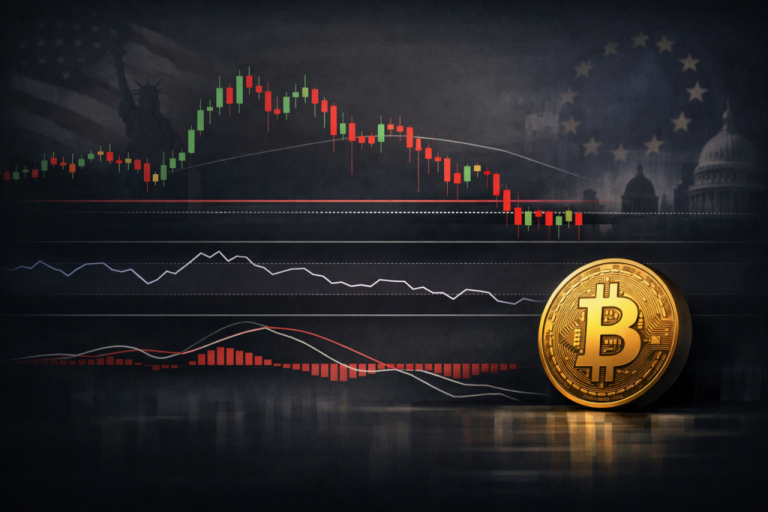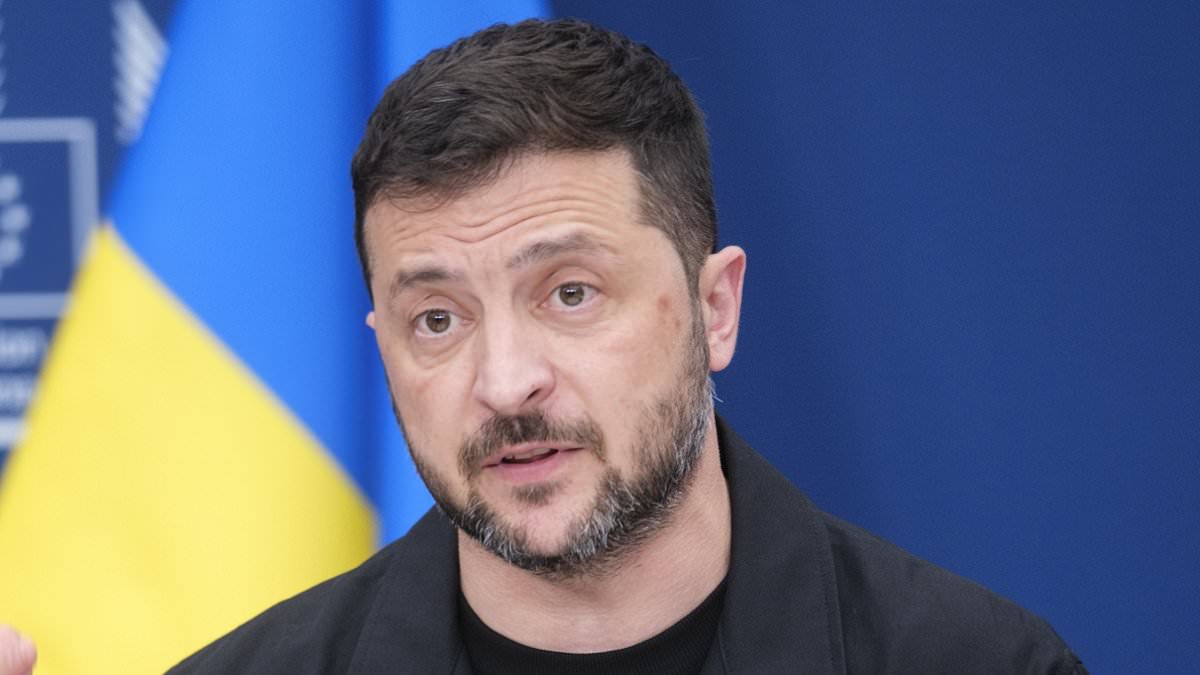
European leaders are converging on Washington to back Ukrainian President Volodymyr Zelensky as he prepares for pivotal discussions with Donald Trump at the White House on Monday. The talks come after Trump’s special envoy, Steve Witkoff, revealed that the United States had compelled Russian President Vladimir Putin to agree to a ‘NATO-style’ security agreement protecting Ukraine.
Game-Changing Security Guarantees
Witkoff’s comments to CNN on Sunday stirred global attention. He described the proposed security protections for Ukraine as ‘game-changing,’ likening them to NATO’s Article 5 – a commitment to collective defense. ‘This agreement marks a significant moment,’ Witkoff noted, emphasizing the progress in ensuring Ukraine’s security amidst Russian aggression.
However, concerns remain high. Reports indicate that at the recent summit in Anchorage, Alaska, Putin emerged confident, with negotiations favoring his stance regarding Ukraine’s contested territories. Meanwhile, US President Donald Trump appeared uncharacteristically subdued, sparking speculation on the success of the meeting.
Territorial Disputes in Focus
One of the most contentious issues on the table is Russia’s demand for control over Donetsk and Luhansk – two regions in eastern Ukraine already under Russian influence. Zelensky, speaking in Brussels on Sunday, dismissed any possibility of ceding Ukrainian land as part of a peace deal. ‘Our constitution makes it impossible to give up territory or trade land,’ he reiterated.
Despite his firm stance, Zelensky acknowledged the need for direct negotiations with Russia. ‘Meaningful dialogue can only begin with a ceasefire and must involve leaders from both Ukraine and Russia,’ he stated, indicating a trilateral summit as a potential solution. European leaders have strongly supported Ukraine’s position, emphasizing that peace cannot come at the cost of sovereignty.
Global Solidarity with Ukraine
An array of European leaders, including European Commission President Ursula von der Leyen, German Chancellor Friedrich Merz, and French President Emmanuel Macron, are set to join Zelensky in Washington. This show of unity underscores the West’s commitment to Ukraine amid growing fears of Russian influence. Other leaders, such as Finnish President Alexander Stubb and Italian Prime Minister Giorgia Meloni, have also pledged their support.
Just ahead of the White House talks, British Prime Minister Sir Keir Starmer hosted a ‘coalition of the willing’ video call to rally Western allies in backing Ukraine. Downing Street affirmed, ‘The Prime Minister and other European leaders remain steadfast in their support of Ukraine and will continue to assist in securing a path toward lasting peace.’
Putin’s Push for Power
Calls for peace negotiations are increasingly urgent as Russia continues its military campaign in eastern Ukraine. Putin reportedly stressed during the Alaska summit that Ukrainian frontlines in Donetsk were faltering, a claim rejected by Zelensky. ‘The occupier is facing significant losses, and we are informing our allies about the true situation,’ he said on social media platform X, highlighting Ukraine’s ongoing countermeasures.
Meanwhile, the international community is scrutinizing Trump’s handling of the situation. Critics argue that the Alaska summit handed Putin a propaganda victory, while Trump insists that his actions thwarted broader conflicts. In a defiant post to his social platform Truth Social, Trump stated, ‘I had a great meeting in Alaska on Biden’s stupid war… The Fake News won’t admit the TRUTH.’
As the world watches the upcoming White House meeting, the stakes have never been higher. Zelensky’s ability to navigate this high-pressure diplomatic stage could determine not only the future of Ukraine but also the broader balance of power in Europe.
